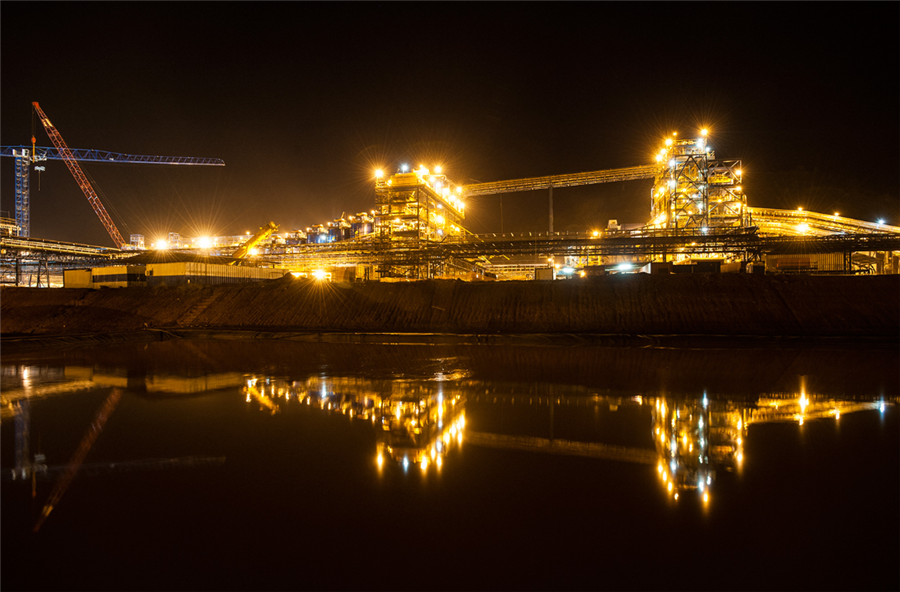Randgold not yet paying new higher Congo tax and royalties – executives

LONDON, Aug 9 (Reuters) – Randgold Resources is not yet paying the higher royalties and taxes required by the Democratic Republic of Congo’s new mining code as the gold miner is still negotiating with the government, its executives said on Thursday.
Congo’s new mining law, effective from June, removes a 10-year stability clause despite fervent opposition from companies operating in the country, including Glencore, MMG Ltd, Ivanhoe Mines and China Molybdenum. The gold miner was also seeking more favourable treatment under the new code through a clause that gives mines located in land-locked areas tax and royalty breaks.
Miner and trader Glencore said on Wednesday it was paying the higher royalties, and at least one other copper and cobalt producer said it is also doing so.
“They (Congo) have not applied the code to us yet,” Randgold Chief executive Mark Bristow told Reuters, however. London-listed Randgold, which runs Kibali gold mine, would have to fork out $10 million more per year under the new code if it is applied as is, Bristow told a results presentation in London on Thursday.
Randgold, which also operates in Mali, Senegal and Ivory Coast, is still negotiating with the Congo government over the removal of the stability clause in the previous code, chief financial officer Graham Shuttleworth said.
The gold miner was also seeking more favourable treatment under the new code through a clause that gives mines located in land-locked areas tax and royalty breaks, he said.
“So, we are able to negotiate, on a case-by-case basis, a new set of rules,” Shuttleworth said.
“We are running both of those processes in parallel to see whether we can get to a result which is acceptable.”
The Congo mines minister was not immediately available to comment.
(By Zandi Shabalala and Aaron Ross; Editing by Pratima Desai)
{{ commodity.name }}
{{ post.title }}
{{ post.date }}




Comments